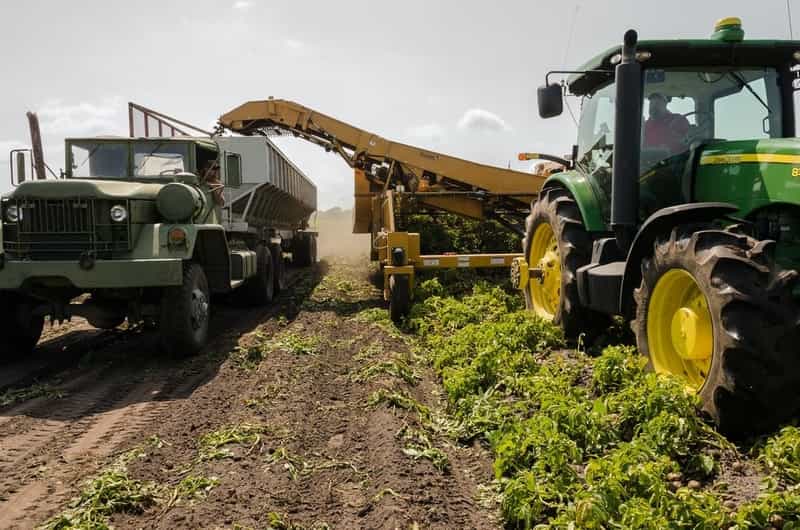Large, heavy machinery is essential for farmers, miners, and other industrial workers to complete their jobs. You can get heavy equipment shipping @ a1autotransport.com. And given that construction is one of the largest sectors in the US, ensuring that machines are in good working order is essential for production levels.
Not only is heavy machinery costly to repair, but it’s costly for your bottom line too. To help extend the life of your heavy machinery, we’ve got five tips for you to follow.
Ensure everyone is trained
Because large machinery can have many different operators, it’s important to have ongoing operator training so that everyone is staying on top of proper operating procedures. When equipment is first bought, inspections are done and general training is completed, but over time skills and knowledge can be lost or forgotten, and shortcuts can be taken. This leads to poor operation, which can cause breakdowns and equipment malfunctions.
Having short, easy-to-understand operator manuals for all equipment operators that also identify best practices is an essential resource, not only to keep staff informed and safe but to keep equipment operating properly.
Use additional protection
Investing in components that can help protect your machinery from electrical damage will not only help reduce energy usage but will offer you improved operation efficiency. It’s not just components you can use to help protect your machines; you can reduce the amount of friction between moving parts by using the right lubricant.
Additionally, you should be checking for leaks or excess grease or oil build-up when you’re checking the lubricants. If there are leaks, try and find and address the issue right away to avoid a bigger problem down the road.
Have a regular maintenance schedule
Certain parts of machines need to be checked regularly for wear and tear in order to prevent full breakdowns. Preventative maintenance is key when it comes to extending the life of your equipment, so make sure to set a schedule to check components like tires, tracks, fluids, and electrical systems.
There are a number of apps to help streamline work schedules and ensure teams are aware of when a maintenance check is required.
Look for signs of wear
Any wear and tear on parts in heavy machinery can cause breakdowns, and each worn component can contribute to a breakdown in its own way. Gears and belts that are out of alignment can cause vibration, wear, friction and poor lubrication can cause high temperatures, and aged and warped belts and bolts can negatively affect the equipment. If any worn parts are discovered, they should be replaced as soon as possible to curb the issue.
Keep everything clean
Both the machinery and its operating environment should be kept clean at all times. In terms of the equipment, filters should be changed often, seals should be inspected, breathers should be kept clean and free of small particles and debris, and electronics in the cab should be cleaned often to avoid contamination. The machinery should be kept in a clean environment and preferably in a sheltered area away from the elements in order to avoid rust and rot.


